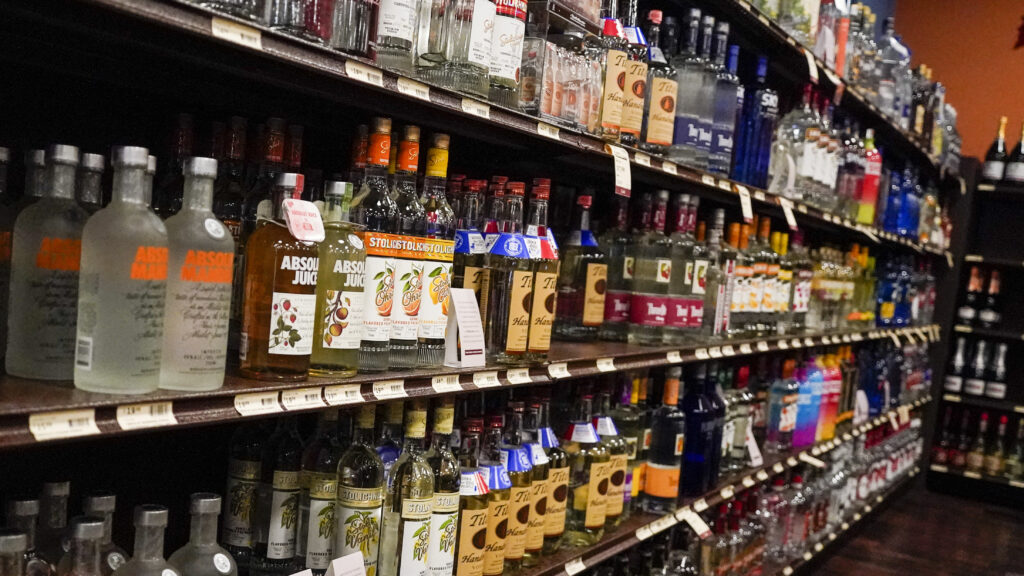Eleven years ago, two days before Christmas, my 24-year-old brother, who was a university graduate and former law student, died from a self-inflicted gunshot wound. After a decade of hard and continuous drinking interspersed with addiction and mental health treatment, he could not sustain his recovery. His suicide came on the heels of my mother’s death a year before, and just weeks later, my grandfather died in a car accident. My family’s holidays would never be the same.
Like so many others who survived the loss of someone dear from the chaos of severe substance use disorder (SUD), I am too familiar with unspeakable grief. But I have found meaning through it and purpose in passing that on.
I was a medical resident when I dropped my brother off at an addiction treatment facility for the first time. Later, I became an addiction specialist physician, focusing on treating people with SUD and helping them manage their disease and find remission and recovery. My work has taught me something important: To help stop the addiction crisis that has brought so much sorrow to families like mine, policymakers must prioritize prevention at all levels and support evidence-based prevention initiatives — including raising federal excise taxes on alcohol.



Thanks! Wasn’t the Tobacco settlement fund used to promote anti-smoking programs, given to communities for anti-smoking ordinances, and enriching other public health initiatives that helped make it so effective?
There has to be a use of the tax effectively to discourage the next generations and help increase treatment otherwise the taxes alone could hit a level where some states might start to ignore regulation & the moonshine stills fire back up.